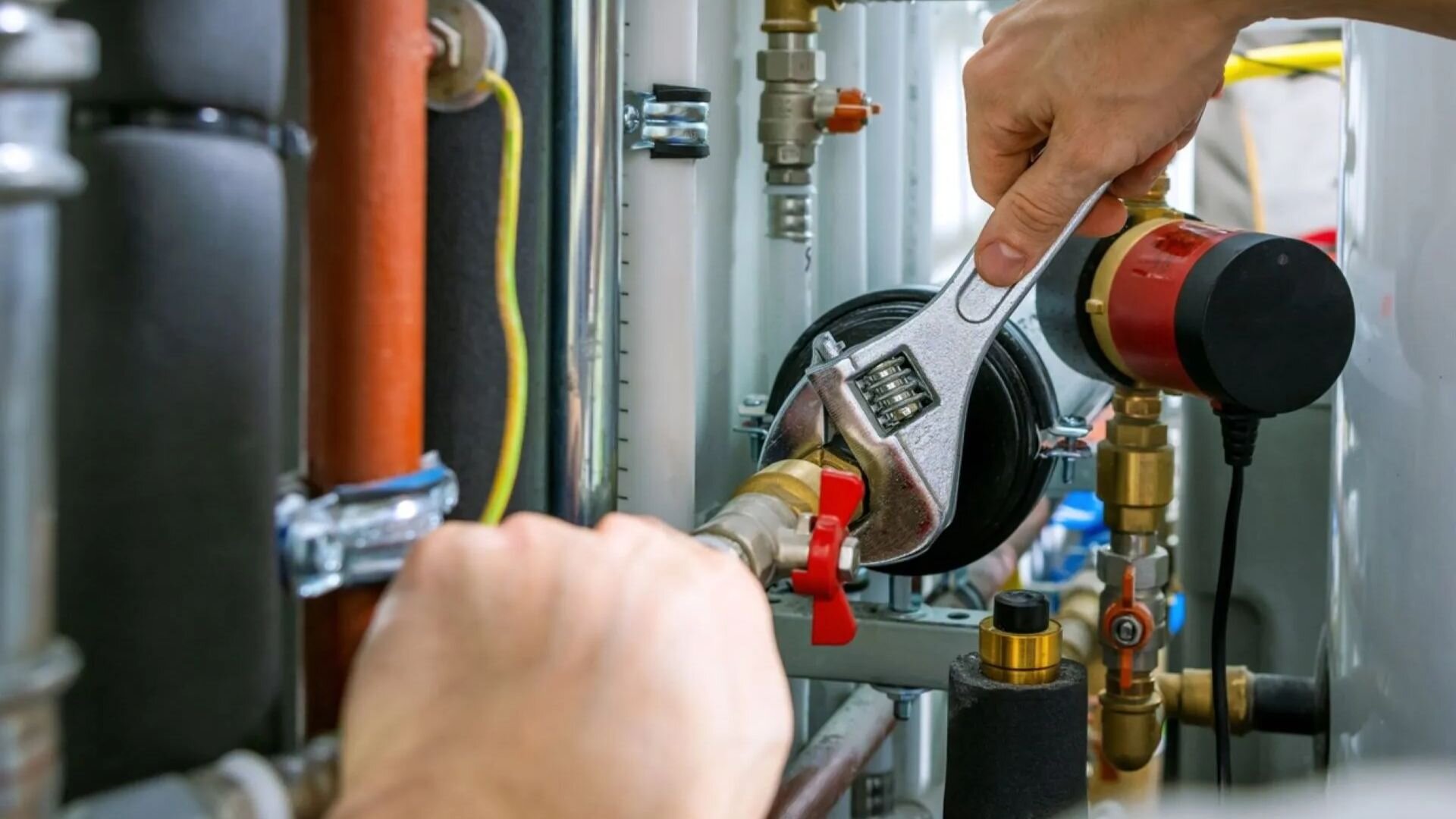Handling Your New Home's Bathroom Plumbing: Top Guidelines
Handling Your New Home's Bathroom Plumbing: Top Guidelines
Blog Article
Are you in search of suggestions involving Essential DIY Bathroom Plumbing Tips Every Homeowner?

For brand-new property owners, understanding and keeping restroom pipes can save both time and money by stopping pricey concerns down the line. Right here are some important shower room plumbing tips to help you keep every little thing running efficiently.
Acquaint Yourself with the Main Shut-Off Shutoff
Recognizing where the main water shut-off shutoff lies in your house is critical. This enables you to rapidly switch off the water supply in case of significant leakages or during plumbing emergency situations, avoiding considerable water damage.
Consistently Evaluate for Leaks
Little leaks can cause huge issues. Frequently check under sinks, around toilets, and near plumbing components for any signs of leakages. Look for dampness, small drips, or corrosion. Capturing and fixing leakages early can protect against more significant damages and conserve water.
Don't Neglect Slow Drains Pipes
If your sink or bathtub is draining pipes slowly, it's frequently an indicator of an obstruction creating. Addressing this very early can stop a total blockage. Utilize a bettor or a plumber's serpent to clear out debris. Avoid making use of chemical drain cleansers as they can damage your pipelines gradually.
Know What Not to Flush
Commodes are not garbage disposals. Avoid flushing anything other than bathroom tissue and human waste. Products like wipes, womanly hygiene products, and cotton swabs should be thrown away in the trash to avoid blockages and drain back-ups.
Mount Strainers in Drains
Area strainers in your sink and tub drains pipes to catch hair and various other particles before they enter your pipes system. Cleansing the strainers frequently will help stop build-up and maintain water moving easily.
Preserve Your Water Heater
Guarantee your hot water heater is readied to an ideal temperature level (normally around 120 degrees Fahrenheit) to prevent scalding and reduce power usage. Flush the storage tank annually to remove debris buildup, which can reduce the performance and lifespan of your heater.
Update Your Fixtures
If your home has older components, take into consideration upgrading to more effective designs. Modern commodes, showerheads, and taps are made to utilize much less water while giving excellent stress, which can considerably lower your water expense and ecological impact.
Beware with Do It Yourself Plumbing Services
While it's alluring to handle all home repair work by yourself, be cautious with pipes. Some problems could require specialist know-how, particularly if they involve primary water lines or drain fixings. Employing an expert can occasionally be more economical than DIY, particularly if it stops further damages.
Plan For Winter
Secure your pipes from cold during winter by shielding pipes in unheated locations like cellars, attic rooms, and garages. During extreme cool, let cold water drip from faucets served by revealed pipes to aid prevent freezing.
Schedule Routine Maintenance
Take into consideration organizing yearly examinations with a certified plumbing technician. They can detect problems that you might miss, such as concealed leaks or deterioration on pipelines and components. Routine maintenance helps expand the life of your plumbing system and can stop emergency situations.
Final thought
Recognizing and keeping your home's washroom plumbing can avoid many common concerns. By adhering to these crucial pointers, you can guarantee your washroom stays practical and efficient, conserving you money and time over time.
5 Plumbing Tips for First-Time Homeowners
Know How to Shut Off the Water
In most homes, the water can be shut off at two places: at the appliance or fixture itself, and for the whole house. For instance, look under your sink or behind the toilet. See those little knobs that connect with the pipes? Those are the shut off valves for those fixtures. Simply turn them until the water is off. The main shut off valve (which controls water throughout your entire home) will be outside, where the water feeds into the structure. You might need a dedicated tool, such as a water shut-off key, to shut off the water at the main.
Build an Emergency Plumbing Kit
Everyone knows how important it is to have a high-quality plunger around the house. But there are other things that can help you out when issues arise with the pipes. Building an emergency plumbing kit to solve issues on your own is part of any list of basic plumbing tips. Consider adding these things to create a basic plumbing kit:
Adjustable wrench Tongue-and-groove pliers Screwdrivers Plumber’s tape Pipe sealant Duct tape Set of hex keys Clip light for working under cabinets Auger and hand snake Do a Little Research
Many small leaks can be handled by replacing a small part of the piping system, tightening part of a faucet, or even changing out an aerator. Take the time to browse how-to articles for common plumbing problems, such as a running toilet or slow-draining sink. You might be surprised to find how easy it can be to do simple things yourself, like replace a valve in the back of the toilet.
Keep it Simple With No Chemicals
If you have a clog, you might be tempted by the promises of liquid drain cleaner. While this might work at first, it actually causes more damage deep in the pipes, eventually creating even more problems down the road.
Instead, try using baking soda and vinegar to create a strong fizzing effect that can help break up clogs and clear gunk from drains. Follow it with boiling water to clean the pipes even more thoroughly.
Take Care of Your Garbage Disposal
Be cautious about what you put down the disposal. Avoid pouring in fats, oils, and grease, as these are a surefire way to get a clog. Beware of certain foods too, such as celery or bones, as they can lodge in the works. Always run the disposal with water flowing.
https://modernize.com/homeowner-resources/other/10-plumbing-tips-for-first-time-homeowners

Check It Out Report this page